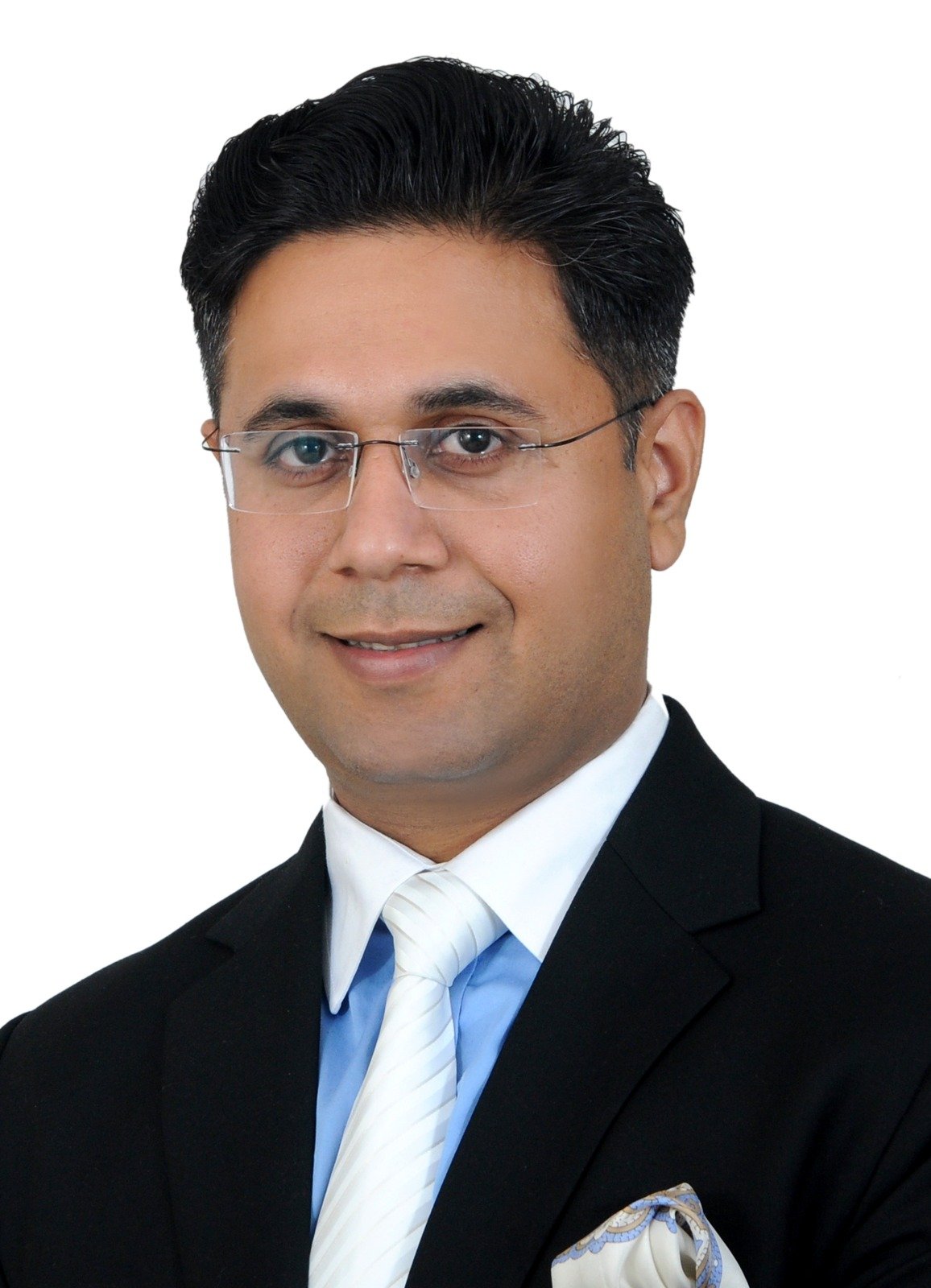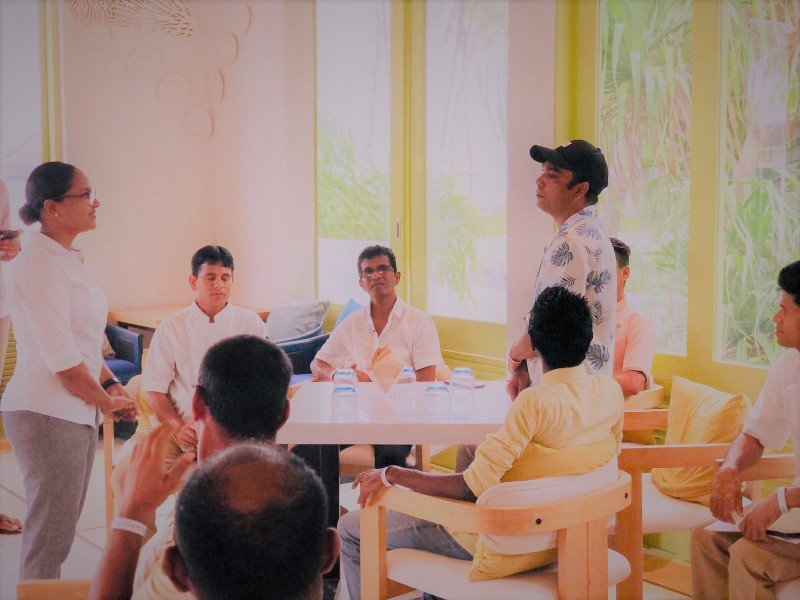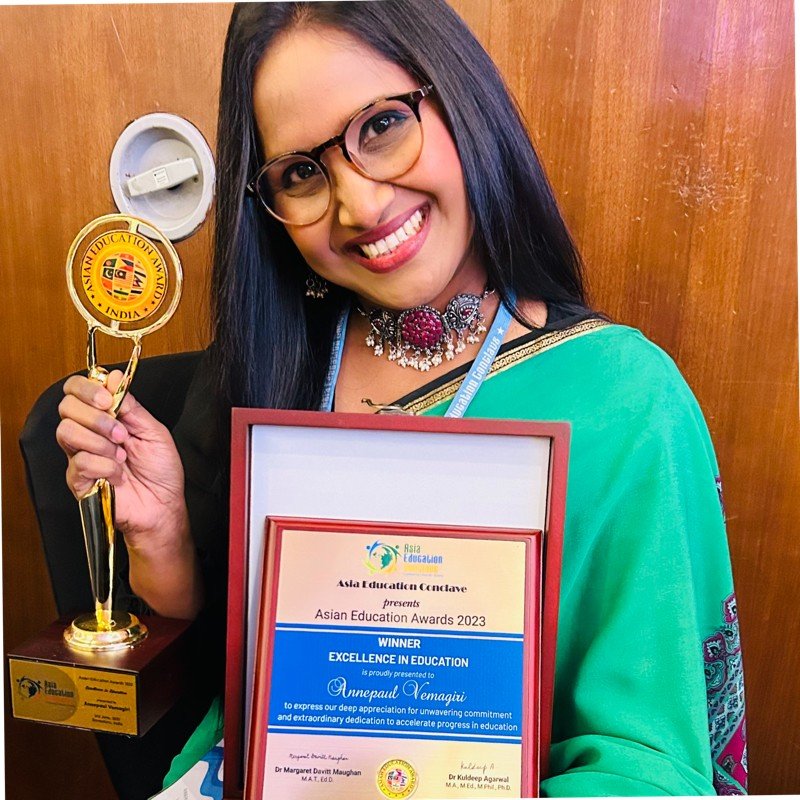The Role of AI in the Hospitality Industry by Dr. Shailendra K Rai
/Artificial Intelligence (AI) is transforming the hospitality industry by enhancing guest experiences, streamlining operations, and driving profitability. From personalized services to predictive maintenance, AI is becoming a vital tool for hotels, restaurants, and other hospitality businesses. Here’s a look at how AI is revolutionizing this sector.
1. Enhancing Guest Experiences
Personalized Recommendations: AI algorithms analyze guest preferences and behaviors to offer personalized recommendations for dining, activities, and services. For example, AI can suggest a specific type of cuisine based on a guest's past dining choices or recommend nearby attractions.
Virtual Assistants: AI-powered virtual assistants like chatbots and voice-activated devices are available 24/7 to assist guests with inquiries, bookings, and service requests. These assistants can handle a wide range of tasks, from room service orders to providing local information, thereby improving the guest experience and freeing up staff for more complex tasks.
Sentiment Analysis: AI tools can analyze guest reviews and social media mentions to gauge sentiment and identify areas for improvement. This real-time feedback allows hotels to address issues promptly and enhance overall guest satisfaction.
2. Streamlining Operations
Efficient Booking Systems: AI enhances the booking process through dynamic pricing, availability management, and personalized booking experiences. AI-driven systems can adjust prices in real-time based on demand, competition, and other factors, ensuring optimal occupancy rates and revenue.
Housekeeping and Maintenance: Predictive maintenance powered by AI can foresee when equipment or infrastructure might fail, allowing for proactive repairs. This minimizes downtime and reduces the likelihood of service disruptions. AI can also optimize housekeeping schedules based on guest check-ins and check-outs, ensuring rooms are ready promptly.
Inventory Management: AI algorithms help manage inventory by predicting demand for food, beverages, and other supplies. This reduces waste, ensures availability, and helps in maintaining cost-effective operations.
3. Driving Profitability
Revenue Management: AI-driven revenue management systems analyze vast amounts of data to forecast demand and set optimal room rates. These systems consider various factors, including booking patterns, local events, and market conditions, to maximize revenue.
Marketing and Sales: AI can segment customers based on their preferences and behaviors, allowing for targeted marketing campaigns. Predictive analytics help in identifying potential high-value customers and tailoring offers to them, thus boosting sales and loyalty.
Staff Management: AI optimizes staff scheduling based on predicted occupancy rates and guest needs. This ensures that the right number of staff is available at the right time, enhancing efficiency and reducing labor costs.
4. Future Trends
Robotics: The use of robots in hospitality is on the rise, with robots performing tasks such as room service delivery, cleaning, and concierge services. These robots can work around the clock and handle repetitive tasks, allowing human staff to focus on more personalized guest interactions.
Facial Recognition: AI-powered facial recognition technology is being used for seamless check-ins, security, and personalized services. This technology can identify guests as they arrive, streamlining the check-in process and providing a personalized welcome.
Augmented Reality (AR) and Virtual Reality (VR): AI, combined with AR and VR, can offer immersive experiences to guests. For instance, guests can take virtual tours of hotel rooms before booking or experience local attractions virtually, enhancing their overall experience.
Conclusion
AI is rapidly becoming an indispensable tool in the hospitality industry, driving innovation and efficiency. By leveraging AI, hospitality businesses can provide personalized guest experiences, optimize operations, and increase profitability. As technology continues to evolve, the integration of AI in hospitality will only grow, further transforming the way this industry operates and serves its guests.
Author:
Dr. Shailendra K Rai,
Associate Professor, Hotel Management, Jaipur National University, Rajasthan


















